Stroke due to high blood pressure
Admitted to the hospital with hemiplegia and difficulty speaking, Mr. NVT (46 years old, residing in Cau Giay, Hanoi ) had a history of high blood pressure but did not receive regular treatment.
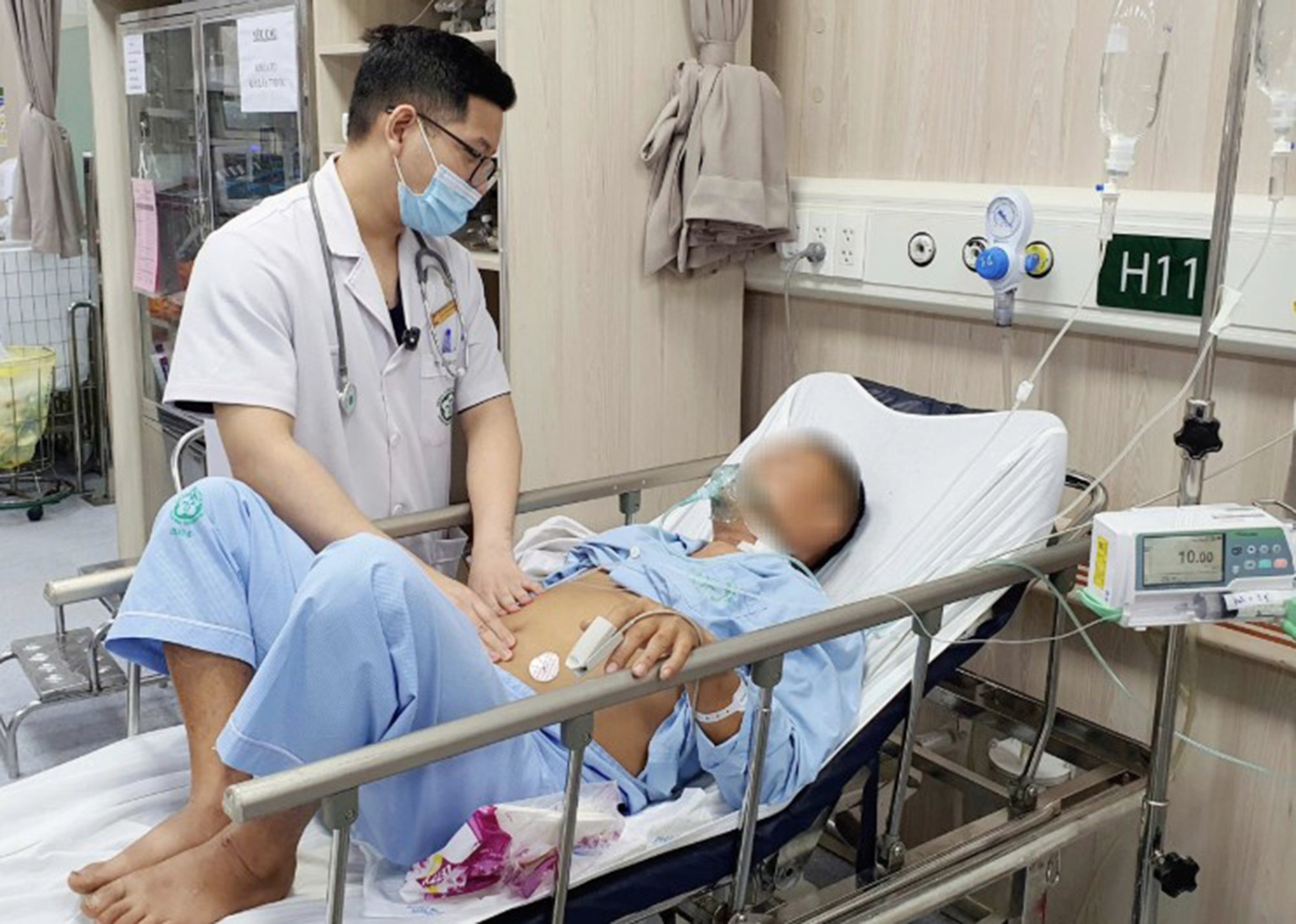
A stroke due to complications from high blood pressure
The results of the scan at Bach Mai Hospital showed that the patient had a brain hemorrhage and was progressing to a serious condition, with a high risk of other disorders. After many days of intensive treatment at the Stroke Center, the patient gradually recovered and had the opportunity to be discharged from the hospital.
Two years ago, during a health check at work, he discovered he had high blood pressure. However, after taking medication as prescribed for half a year and seeing that it was stable, he stopped taking the medication and did not remember to have a check-up again.
Unlike Mr. T, Mrs. PL (65 years old, Hoang Mai, Hanoi) was taken to the emergency room by her family in a state of numbness in her limbs and paralysis on one side of her body.
At the hospital, she was diagnosed with a stroke and her blood pressure was measured at 200/100 mmHg. Her family said that before being admitted to the hospital, Ms. L never knew she had high blood pressure.
In Mrs. L's case, thanks to early detection and hospitalization during the "golden hour", she was prescribed intravenous thrombolytic therapy. After 1 day, her symptoms improved significantly.
Unfortunately, the young man TTK (23 years old, Gia Lam, Hanoi) has had to undergo dialysis for more than 6 months now. K said that a few months before receiving the results of end-stage renal failure, K often had headaches and felt dizzy.
After examination, K was found to have very high blood pressure, about more than 180 mmHg and was advised to be hospitalized for monitoring.
However, it was his hesitation to go to the hospital that caused K to miss the opportunity for treatment. K was admitted to the emergency room and diagnosed with stage 5 kidney failure, requiring dialysis every other day and medication to stabilize blood pressure.
Symptoms are unclear
Dr. Nguyen Tien Dung, Stroke Center, Bach Mai Hospital said, many people are subjective or rarely monitor their blood pressure index.
Besides, being lazy, overweight, obese, not exercising or eating fast food, staying up late, being under pressure at work, are all risk factors leading to stroke but little attention is paid...
"In particular, many people think they are young and healthy so they do not have a health check-up. It is only when they have a stroke and are hospitalized that they discover they have underlying diseases such as high blood pressure, heart disease, etc.
"If these underlying diseases are not detected early, examined and treated properly, they will eventually flare up and, combined with other factors, lead to a stroke," Dr. Dung warned.
Associate Professor, Dr. Nguyen Thi Thu Hoai, Director of the National Heart Institute, Bach Mai Hospital, said: What is worrying is that high blood pressure often has no specific symptoms.
Some people may experience symptoms such as headache, dizziness, tinnitus, palpitations, red eyes, nosebleeds... but others have no obvious symptoms.
That is why, there are cases where one day a patient suddenly has a stroke, myocardial infarction, or cerebrovascular accident, and when they go to the hospital, they discover that their blood pressure is sky high even though they have no previous symptoms. Or there are patients who, when they go to the hospital for kidney failure and need dialysis, are surprised by the high blood pressure that has caused it.
Many dangerous complications
Associate Professor, Dr. Nguyen Thi Thu Hoai added that complications of high blood pressure can develop slowly and silently if not diagnosed and treated promptly.
Hypertension can cause many dangerous complications in many parts of the body. Typical complications include heart failure, acute pulmonary edema, coronary artery disease (myocardial infarction, stable angina), arrhythmia; stroke (cerebral infarction, cerebral hemorrhage), atherosclerosis causing carotid artery stenosis, cerebral aneurysm.
Hypertension also causes kidney complications, acute kidney damage, chronic kidney failure, glomerular damage; can cause changes in blood vessels in the fundus of the eye causing hemorrhage, retinal vascular edema, decreased or loss of vision; causes atherosclerosis of the limbs, chronic damage to the arteries of the lower and upper limbs.
"Complications of high blood pressure can also appear acutely and develop very quickly during a hypertensive emergency, and can be life-threatening if not detected and treated promptly, such as: acute heart failure, acute pulmonary edema, aortic dissection...
Therefore, if not diagnosed and treated properly, it will lead to serious complications, even life-threatening," Ms. Hoai emphasized.
According to cardiovascular experts, each person needs to proactively check their blood pressure, not wait until there are functional symptoms to measure blood pressure. If the disease is known, prevention and good treatment will reduce cardiovascular events. Especially for families with a history of high blood pressure, children also need to pay attention and check their blood pressure early and periodically.
"When diagnosed with high blood pressure and having to take treatment, many people, after a while, feel stable and stop taking the medication because they think the disease is cured and they don't need to take it anymore. This situation is very common.
It is important to remember that this is a lifelong disease, and medication must be taken as directed by a doctor. To prevent the disease and complications, people need to maintain a reasonable diet and reduce salt; eat lots of vegetables and fruits; limit alcohol; do not smoke; exercise a lot; and maintain a suitable weight," Dr. Hoai noted.
High blood pressure is when systolic blood pressure is greater than or equal to 140 mmHg and/or diastolic blood pressure is greater than or equal to 90 mmHg. When measuring blood pressure, the patient should be in a quiet and relaxed condition.
In some special cases, to diagnose high blood pressure, it is necessary to use continuous blood pressure monitoring devices such as 24-hour blood pressure holter.
Source: https://www.baogiaothong.vn/canh-giac-voi-bien-chung-nguy-hiem-cua-tang-huet-ap-192250331224654293.htm


![[Photo] Enjoy the Liuyang Fireworks Festival in Hunan, China](https://vphoto.vietnam.vn/thumb/1200x675/vietnam/resource/IMAGE/2025/10/26/1761463428882_ndo_br_02-1-my-1-jpg.webp)

![[Photo] General Secretary To Lam received the delegation attending the international conference on Vietnam studies](https://vphoto.vietnam.vn/thumb/1200x675/vietnam/resource/IMAGE/2025/10/26/1761456527874_a1-bnd-5260-7947-jpg.webp)
![[Photo] Nhan Dan Newspaper displays and solicits comments on the Draft Documents of the 14th National Party Congress](https://vphoto.vietnam.vn/thumb/1200x675/vietnam/resource/IMAGE/2025/10/26/1761470328996_ndo_br_bao-long-171-8916-jpg.webp)





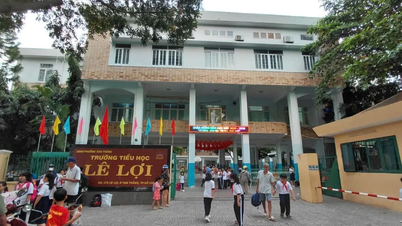



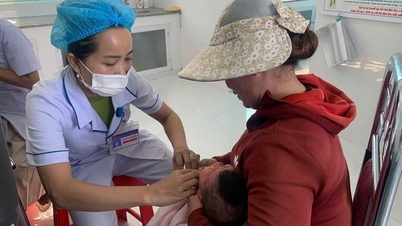














![[Photo] Prime Minister Pham Minh Chinh attends the opening of the 47th ASEAN Summit](https://vphoto.vietnam.vn/thumb/1200x675/vietnam/resource/IMAGE/2025/10/26/1761452925332_c2a-jpg.webp)













































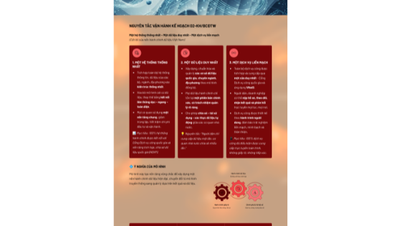

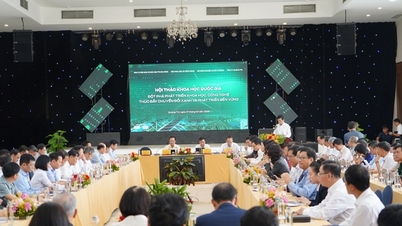



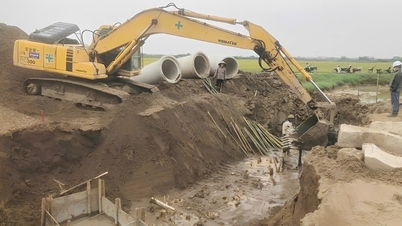

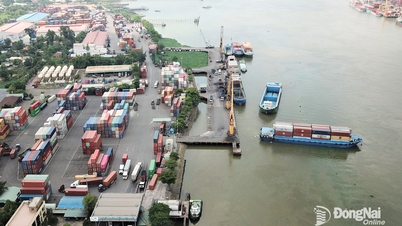

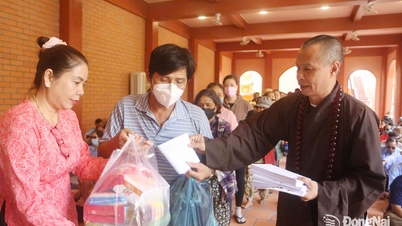
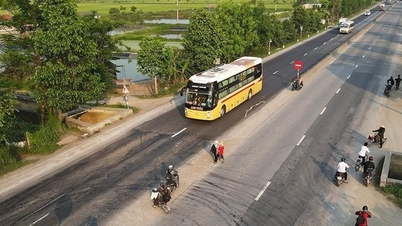

















Comment (0)